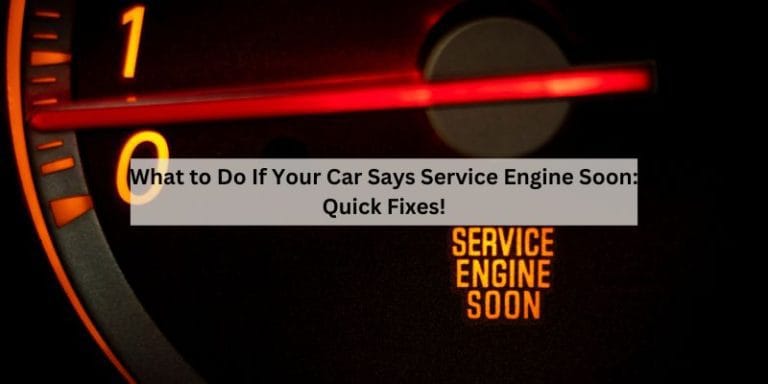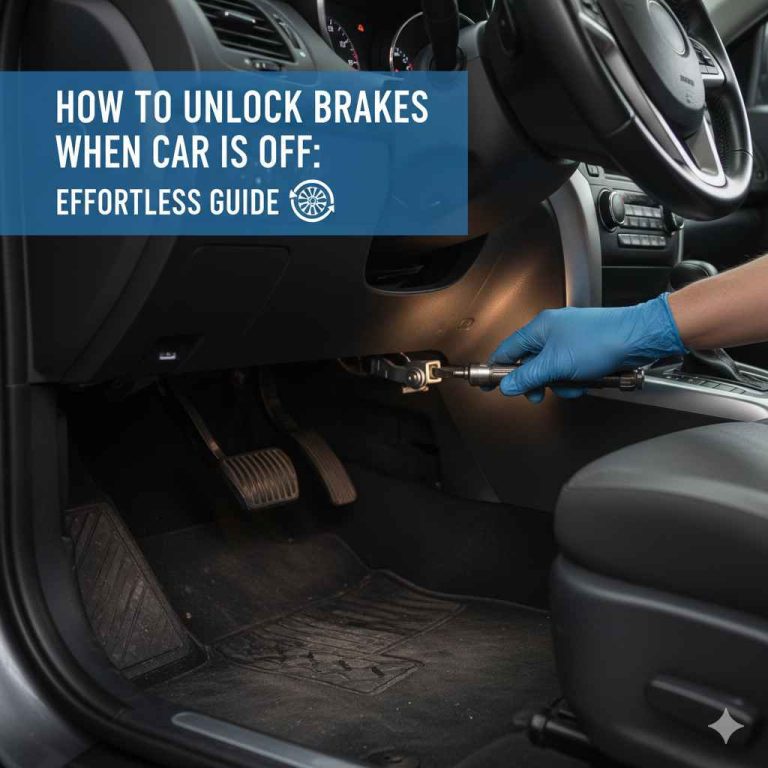Does Car Insurance Check Your Credit: Uncover the Truth
Yes, car insurance companies often check your credit. They use this information to determine your premium rates.
Understanding how your credit score affects car insurance can help you save money. Many people don’t realize that insurers view your credit report. They use it to predict the likelihood of you filing a claim. A higher credit score can mean lower premiums.
On the other hand, a lower score might lead to higher costs. Knowing this can help you make better financial decisions. It’s important to keep your credit in good shape. This way, you could potentially lower your car insurance rates. Let’s explore why insurers check your credit and how it impacts your policy.

Credit: www.instagram.com
Importance Of Credit In Car Insurance
Credit scores matter in car insurance. They help companies decide your risk. A high score means you pay less. A low score means you pay more. Always pay bills on time. This keeps your credit score high.
Credit scores affect premiums. Good scores lead to lower premiums. Bad scores lead to higher premiums. Companies trust people with good credit. They think such people file fewer claims.
How Insurers Use Credit Information
Insurers use credit-based insurance scores to predict risk. These scores help determine premium rates. Good credit can lead to lower rates. Bad credit can mean higher rates. Insurers believe credit scores show how likely you are to file claims.
Many factors affect your credit-based insurance score. These include payment history and credit card balances. Length of credit history also matters. Recent credit inquiries can impact the score. Number of open accounts is another factor. Each factor plays a role in the final score.
States Restricting Credit Checks
Certain states now limit credit checks. Car insurance companies may still check your credit score for premiums. This practice helps them assess risk and determine rates.
State Regulations
Some states have rules to stop credit checks for car insurance. These states want to protect people. They believe credit checks are not fair. They want everyone to have a chance for good insurance rates. This helps people with bad credit scores. They get the same chance as those with good credit.
Exceptions To The Rule
There are a few exceptions to these rules. Some states allow credit checks in special cases. For example, when a person is buying a new policy. Or if they are changing their current policy. These exceptions make sure insurers can still manage risks. But they also keep the rules fair for everyone.

Credit: www.opic.texas.gov
Pros And Cons Of Credit Checks
Car insurance companies often check your credit score. Good credit can lead to lower premiums. Bad credit might increase rates.
Benefits For Insurers
Credit checks help insurers assess risk. Good credit often means fewer claims. Insurers save money with fewer high-risk drivers. They offer better rates to those with good credit. This process helps keep premiums fair. Credit checks provide a clear financial picture. They predict the likelihood of future claims. Insurers can plan better with this information.
Drawbacks For Consumers
Credit checks may hurt some drivers. Bad credit can lead to higher premiums. This feels unfair to many. Mistakes on credit reports can affect rates. Young drivers may suffer due to lack of credit history. The process can feel invasive. Consumers may worry about privacy. They might not understand the connection between credit and driving.
Improving Your Credit Score
Pay all your bills on time. Late payments hurt your score. Try to pay more than the minimum amount due. This can lower your debt faster. Keep your credit card balances low. High balances can lower your score.
Check your credit report regularly. Look for errors and fix them quickly. Avoid opening many new accounts at once. This can make you seem risky to lenders. Use old accounts wisely. Length of credit history helps.
Build an emergency fund. This helps you avoid using credit in a crisis. Set financial goals. Save for big purchases instead of using credit. Use a budget. Track your spending and make adjustments. Make a plan to pay off old debts. This can slowly raise your score.
Keep learning about personal finance. Knowledge helps you make better choices. Stay patient and consistent. Improving your credit takes time.
Alternatives To Credit Checks
Usage-based insurance (UBI) is an option. It doesn’t rely on credit scores. Instead, it monitors your driving habits. Devices or apps track your mileage, speed, and braking. Good drivers can save money. Bad driving can increase costs. It’s a fair way to price insurance. No credit check needed.
Traditional underwriting is another method. Insurers use other information. They look at your driving history. They check accident records. They consider your age and location. All these factors help set your rate. No need for a credit check. This helps people with poor credit.
Impact On Different Demographics
Car insurance companies often check credit scores, impacting various demographics differently. Higher premiums may burden lower-income individuals. Young drivers might face higher costs due to limited credit history.
Young Drivers
Young drivers often face higher car insurance rates. Insurance companies see them as high-risk. They have less driving experience. This increases chances of accidents. A low credit score can make things worse. It can lead to even higher premiums. Young drivers should work on improving credit. This can help lower their insurance costs over time.
Low-income Individuals
Low-income individuals may struggle with car insurance costs. Insurance companies may check their credit score. A low credit score can lead to higher premiums. This makes it hard for low-income people to afford insurance. Improving credit can help reduce these costs. Paying bills on time is important. Keeping a low credit card balance also helps.
Future Of Credit Checks In Insurance
Insurance companies use new technology. They analyze data faster. AI helps in making decisions. Credit checks might change due to these tools. Big data can predict risks better. This might reduce the need for credit scores. Insurers want to be fair. They use tech to find better ways. This helps both the company and the customer.
New laws affect how insurers use credit scores. Some places limit credit checks. This means insurance companies must adapt. Regulators want fair pricing. They aim to protect consumers. Rules might change often. Insurers must stay updated. They need to follow new guidelines. This could change the role of credit checks in the future.

Credit: m.facebook.com
Frequently Asked Questions
Does Car Insurance Affect Your Credit Score?
Car insurance does not directly affect your credit score. However, insurers often check your credit to determine your premium.
Why Do Car Insurance Companies Check Credit?
Car insurance companies check credit to assess risk. They believe people with better credit are less likely to file claims.
Can Bad Credit Increase Car Insurance Rates?
Yes, bad credit can increase car insurance rates. Insurers see poor credit as a higher risk factor.
How Often Do Insurers Check Credit For Car Insurance?
Insurers typically check credit when you apply for a new policy. They may also check at renewal time.
Conclusion
Understanding how credit impacts car insurance is important. It affects your rates. Good credit can lower your premium. Bad credit might increase it. Check your credit score regularly. Improve it to save money on insurance. Shopping around helps too. Different insurers weigh credit differently.
Always compare quotes. Be informed and proactive. Your wallet will thank you.







